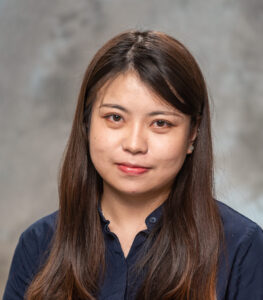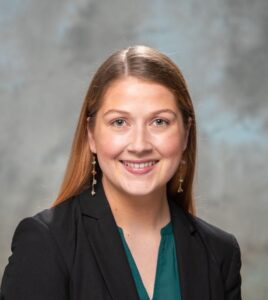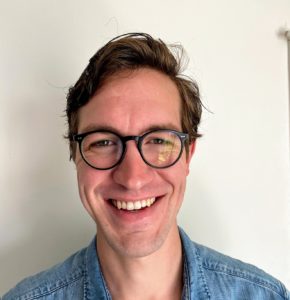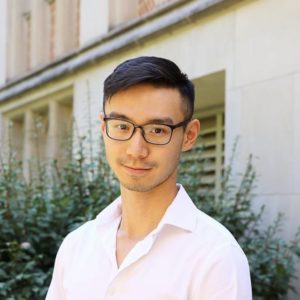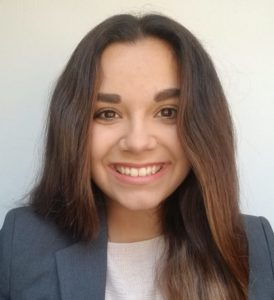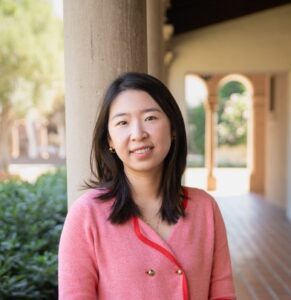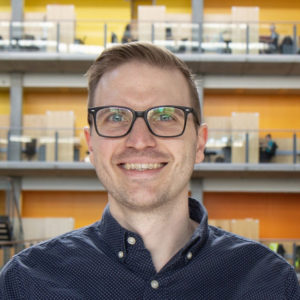
David Riglar
David has been a Wellcome Trust/Royal Society Sir Henry Dale Fellow in the Department of Infectious Disease at Imperial College London since 2019. His lab uses a combination of synthetic biology, imaging and sequencing based approaches to better understand the function of the gut and its microbiota during health and disease. Using this knowledge they are developing innovative technologies, such as living engineered probiotics, to probe and control the mammalian gut environment.
Prior to starting his lab, David undertook his postdoc in Pamela Silver’s laboratory at Harvard Medical School and the Wyss Institute for Biologically Inspired Engineering. As a Human Frontier Science Long-term Fellow and NHMRC/ RG Menzies Fellow, David’s work focussed on using synthetic biology approaches to engineer bacteria as tools to probe the mammalian gut environment.
In 2013, David completed his PhD with Jake Baum and Alan Cowman at the Walter and Eliza Hall Institute (University of Melbourne) in Melbourne, Australia. His PhD research investigated how the parasites responsible for human malaria disease infect red blood cells using cutting-edge imaging platforms.
David holds a Bachelor of Science (Honours) from the University of Melbourne.
